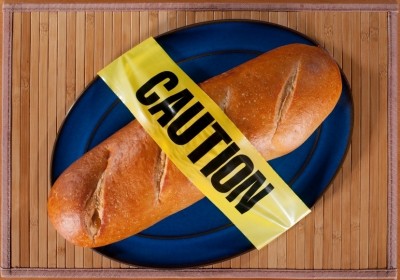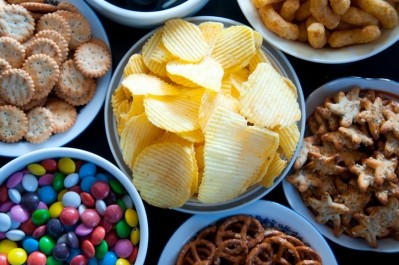Voluntary code of food advertising ‘doomed to failure,’ charity predicts

In response to the Irish Government’s new guidelines, Janis Morrissey, health promotion manager of the Irish Heart Foundation said, “The simple fact is that voluntary codes don’t work.”
“The danger is that it is likely to do more harm than good by delaying real progress in limiting children’s exposure to junk food marketing.
“Companies that sign up to voluntary codes are not obliged to meet their commitments and experience shows that those which don’t want to modify their behaviour continue to act as irresponsibly as before.”
The Codes of Practice’s creation included a 15-month period where food industry figures from Food Drink Ireland, Retail Ireland and the Advertising Standards Authority of Ireland provided feedback.
Highlights of the guidelines include the recommendation food makers not put themselves forward as sponsors for events aimed at children.
Billboard advertising was also addressed with the Codes stating that displays would be restricted from 100 metres of school gates.
The retail sector were also asked to keep a quarter of its checkouts “sweet-free.”
Social media websites such as Facebook and Twitter were also subject to marketing restrictions with requests not to target children 15 years and under.
Similarly, food brand websites were also asked not to contain content designed to interact with children in this age range, with children’s area, videos, ‘webisodes’, branded education and interactive features cited as examples.
Voluntary model intro ‘beggars belief’
Along with the Irish Heart Foundation, the lack of accountability that a voluntary approach encouraged remained a sticking point with Sinn Féin MEP Lynn Boylan.
Speaking in Dublin, Boylan said, “It beggars belief that Minister Byrne and the Department of Health are introducing a voluntary model that has already failed in every country it has been tried in.
“Ireland cannot afford to waste more time implementing failed policies while our childhood obesity problem continues to get worse.
“The EU Pledge which is the EU wide voluntary code has been breached on numerous occasions by industry due to the lack of sanctions.”
Morrissey cited the UK’s Responsibility Deal and the advertising industry’s digital code as examples of failed attempts to regulate online junk food marketing to children in Ireland.
“What we really need is uncompromising mandatory regulation with stiff financial penalties for those who break the rules.
“That’s the way we can start to change the future and meet our duty of care to those 85,000 children embarking on lives that will otherwise be dominated by chronic disease and premature death.”
Talks of taking a mandatory approach took hit a barrier in 2015 when the Department of Health’s own regulatory impact analysis of the Public Health (Alcohol) Bill ruled out voluntary regulation.
“The “Voluntary/Self-Regulation” option was discounted on the basis that evidence indicates such codes are ineffective as a means of limiting alcohol consumption,” the Bill concluded.
FDI thumbs up
Despite the criticism, the Irish Department of Health’s code has received support for its approach in tackling children’s obesogenic environment as well as being the first in Europe to address food sponsorship.
Food Drink Ireland’s (FDI), director Paul Kelly said “Food and beverage companies are committed to responsible marketing and supporting the implementation of related recommendations in ‘A Healthy Weight for Ireland: Obesity Policy and Action Plan 2016 – 2025.’
“The focus now has to be on effective implementation.”
Kelly also called on the Minister to quickly bring together the key participants of advertisers, rights owners, media outlets and advertising practitioners to bring the Voluntary Codes of Practice to life.
Meanwhile, Safefood said that the consumer body’s research showed parents in particular would welcome this move by the Department of Health.
Its survey found 77% of parents were concerned about sponsorship of events by snack food, sugary drinks and confectionary products and 78% would support its complete removal.
“Much of online marketing is targeted at children and teens and tends to focus on unhealthy food and drink options,” said Safefood’s director of human health & nutrition Dr Cliodhna Foley-Nolan.
“This advertising environment is extremely complex and ever-changing and parents tend not to appreciate the very real effect it has on children’s preferences.
“The code is a genuine first step which will have to be reviewed regularly to ensure that it is having impact and is fit-for-purpose.”


















